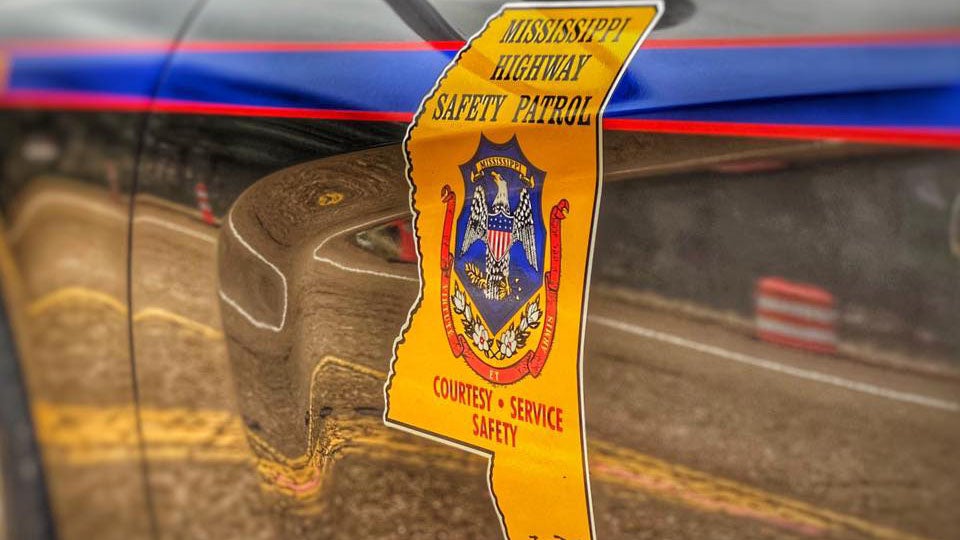College students targeted in vote machine education effort
Published 5:00 am Friday, September 29, 2006
College students across the state will have an opportunityThursday to learn how to operate the new touch-screen votingmachines when they are brought onto campus as part of a largereffort to reach voters, a state official said.
Representatives of the Secretary of State’s office will providethe new machines in Southwest Mississippi Community College’sHorace Holmes Student Union from 11 a.m. to noon and Copiah-LincolnCommunity College’s Callendar Hall from 1:30 p.m. to 2:30 p.m.
David Blount, a spokesman for the Secretary of State’s office,said students will be instructed on how to use the machines toprepare them for U.S. congressional and judicial contests in theNov. 7 general election.
He said because there was no general election in 2005, thisNovember may be the first opportunity for many young collegestudents to exercise their right to vote. The college crowd is onearea of particular emphasis for officials in their attempts toencourage people to visit the polls.
“Historically, citizens between the age of 18 and 24 have thelowest turnout of any age group,” Blount said.
Although Thursday’s events are targeted at the state’s youth,the Secretary of State’s office and local election officials havebeen very active in providing training opportunities for alleligible voters, he said.
“This is part of our larger effort to get the new machines infront of as many voters as we can,” Blount said.
To date, Secretary of State Eric Clark’s Touch and VoteMississippi program has visited 79 counties and conductedapproximately 900 events at everything from church socials to fishfries to senior citizen meetings to train voters, Blount said.
Lincoln County Circuit Clerk Terry Lynn Watkins said her officehas also been actively seeking to educate voters by taking themachines to churches, civic clubs and public events.
“In April and May, it seemed like I was somewhere every day,”she said.
Machines have been set up in Watkins’ office and the electioncommissioner’s office since the county received them to give votersan opportunity to practice at any time the courthouse is open,Watkins said.
When the machines were first introduced, critics feared thetechnology would scare some voters, especially the elderly becauseof their unfamiliarity with computers.
Watkins said that has not been the case in Lincoln County.
“The thing that has really astounded me is that I have had nonegative feedback on the machines. Quite the opposite, really,” shesaid. “I think it’s put a lot of people’s mind at ease to see themand actually practice voting on them.”




